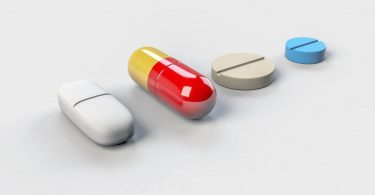Nutrition’s role in cervical cancer care and treatment
With January being Cervical Cancer Awareness Month, the Dietitians at the Georgia Cancer Center wanted to take time to discuss nutrition and cervical cancer, along with all other gynecological cancers. When looking into cancer prevention and survivorship in general, diet and exercise often come up. It is true several cancer types are linked to excessive weight and physical inactivity, including uterine and ovarian cancers. General healthy eating, such as a diet rich in fruits and vegetables, and routine exercise can help reduce these risks.






